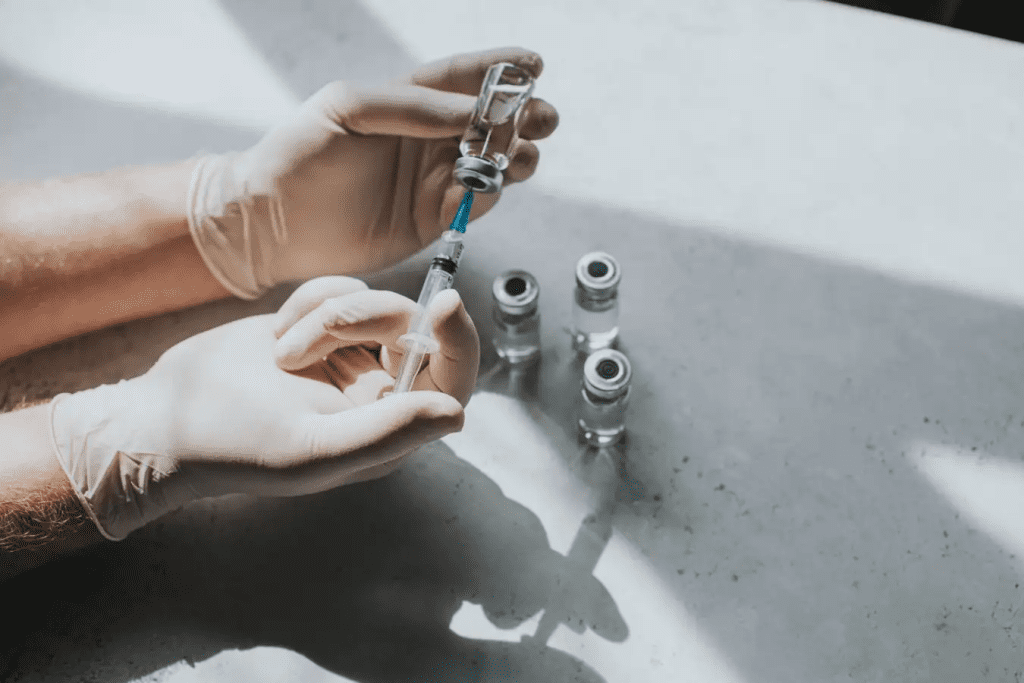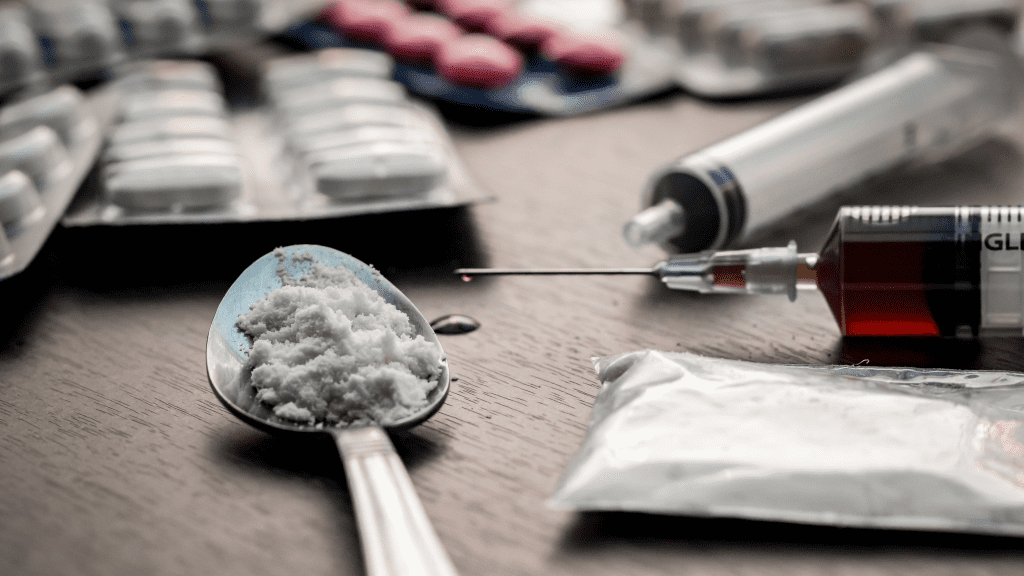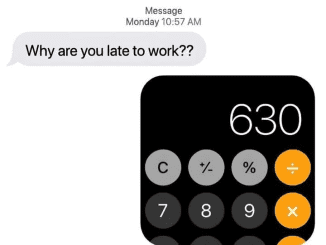Let’s face it—cocaine addiction is a relentless monster. It hijacks the brain’s reward system, rewires behaviors, and traps people in a vicious cycle. For decades, treatments have focused on therapy, support groups, and medications that address symptoms—but none have directly blocked the drug’s chemical effect.
Until now.
A scientific breakthrough might be the game-changer we’ve all been waiting for: a vaccine that blocks cocaine’s high before it reaches your brain. And it’s not science fiction—it’s already showing results in trials.
How Does the Cocaine Vaccine Work?

At its core, this vaccine trains your immune system to treat cocaine like an intruder. Once injected, it prompts the body to produce special antibodies. These antibodies attach to cocaine molecules in the bloodstream and stop them before they ever get to your brain.
That means no dopamine rush, no euphoric high, and ultimately, less temptation to use again.
Sound revolutionary? It is. But let’s dig deeper into what this really means.
The Science Behind the Shot
So far, two major research efforts are pushing this concept forward:
- Weill Cornell Medicine in the U.S.: In a small clinical trial, individuals struggling with cocaine addiction were given monthly doses of the vaccine. The results? Those who received the real vaccine had 17% more cocaine-free urine tests compared to those who got a placebo.
- Calixcoca in Brazil: This new version of the vaccine has already been tested on mice and monkeys with stunning success. Not only did it drastically reduce the amount of cocaine reaching the brain, but it also avoided the serious side effects that plagued earlier versions.
Over 3,000 people are now signed up for human trials in Brazil. The world is watching.
Why Calixcoca Is Different (and Safer)
Earlier vaccine attempts used a carrier protein to deliver the immune-activating signal. But those proteins often triggered nasty side effects and made production expensive.
Calixcoca skips that step. Instead, it uses a molecular structure called a calixarene, which binds cocaine molecules directly and safely.
Video : What are some tips for going through cocaine withdrawal?
That means fewer side effects, lower costs, and a more scalable solution for global use. For a country like Brazil, where cocaine use is widespread and resources are limited, this is a potential miracle.
Why Blocking the High Matters
Here’s the deal: addiction isn’t just about using drugs—it’s about the brain learning that using equals pleasure.
Cocaine floods your brain with dopamine, the chemical responsible for reward, motivation, and satisfaction. The brain quickly adapts and craves more. That’s why even after detox, many users relapse.
By removing the high, this vaccine makes cocaine far less appealing. Without the rush, there’s less reinforcement. That gives people a fighting chance to break the cycle and focus on healing.
But Is It a Cure? Not Exactly.
Let’s get one thing straight: this vaccine isn’t a magic fix.
Addiction is complex. It’s not just chemical—it’s emotional, psychological, and social. Trauma, habits, environment, and mental health all play major roles.
Even if the vaccine blocks the high, it doesn’t erase cravings rooted in memory, stress, or habit. That’s why therapy, support groups, and long-term care are still essential. Think of the vaccine as one powerful tool in a larger recovery toolbox.
How the Vaccine Could Change the Game

Let’s imagine a world where this vaccine is widely available:
- People seeking treatment could start with a vaccine that makes relapse less rewarding.
- Court systems could offer it as part of a recovery program instead of jail time.
- Harm-reduction groups could use it to give people more time to seek therapy without fear of immediate relapse.
This approach could reduce overdose rates, lower healthcare costs, and restore hope for families caught in the chaos of addiction.
What’s Next? The Road to Global Access
While Calixcoca has cleared many early hurdles, there’s still a long way to go. Human trials need to prove not only effectiveness but also safety and long-term results. Regulatory approval could take years.
That said, the momentum is building. Researchers, governments, and treatment centers are watching closely.
If all goes well, this vaccine could soon be part of regular treatment protocols, especially in countries hit hard by cocaine use.
A New Chapter in Addiction Recovery
Let’s be honest—breaking free from addiction is one of the hardest battles a person can fight. But science is catching up. This vaccine doesn’t just block a chemical—it opens a door.
Video : Can you overcome cocaine addiction without rehab?
A door to clarity. A door to choice. A door to a future where addiction no longer owns the narrative.
Whether it’s a person’s first step toward sobriety or a critical barrier against relapse, this vaccine offers something that’s been missing from the conversation for far too long: hope backed by biology.
Final Thoughts
The cocaine vaccine isn’t a silver bullet—but it’s a powerful shot at change. By stripping the drug of its high, it takes away its most seductive weapon. For millions of people trapped by addiction, that could be the edge they need to reclaim control.
Because when science and recovery meet halfway, healing isn’t just possible—it becomes probable.


